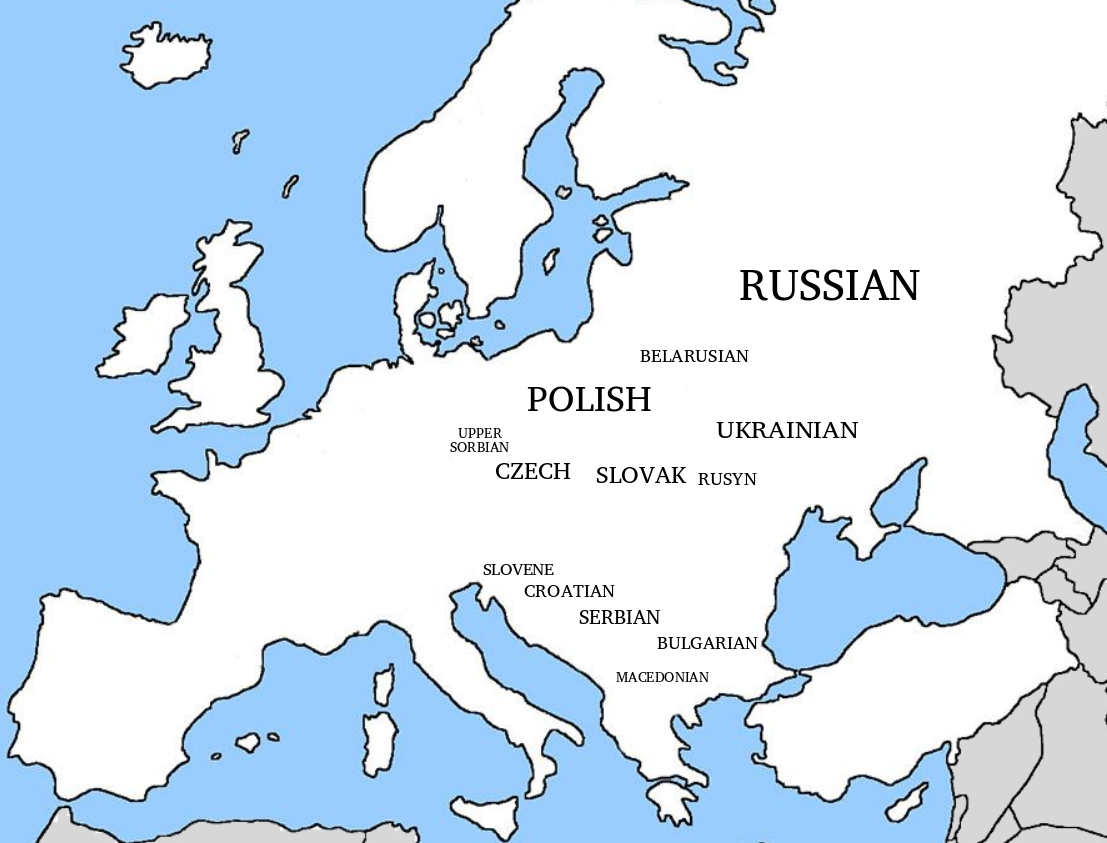
Balanced Approach
Let's say that we have an algorithm to search for "original" slavic words, but how to solve word conflicts between languages? Democracy seems to be the best option. One language = one vote. There are 12 languages in 3 groups under consideration:
Belarusian, Russian, Ukrainian, Rusyn (4 votes)
Czech, Polish, Slovak, Upper Sorbian (4 votes)
Bulgarian, Croatian/Serbian*, Slovenian, Macedonian (4 votes)
12 Languages = 12 Votes
By having as much Slavic languages as possible, we can trace the "original" Slavic language as close as possible, because the "distortions" which have accumulated over thousands of years in national languages can be averaged.

*To avoid dominance of souther slavic languages, the score of both Serbian and Croatian is averaged (halved and added) so both languages have one vote. This keeps the internal balance between different branches so none of the regions can dominate the other languages.
With this system, no language can dominate their neighbors inside the group. Also no group can dominate other groups.
However sometimes a rule can not be definitely resolved because it has diverged equally and additional vote is required. In this case Old Church Slavonic language is used as an extra vote that can resolve disputed rule.
Naslednja strana: Voting